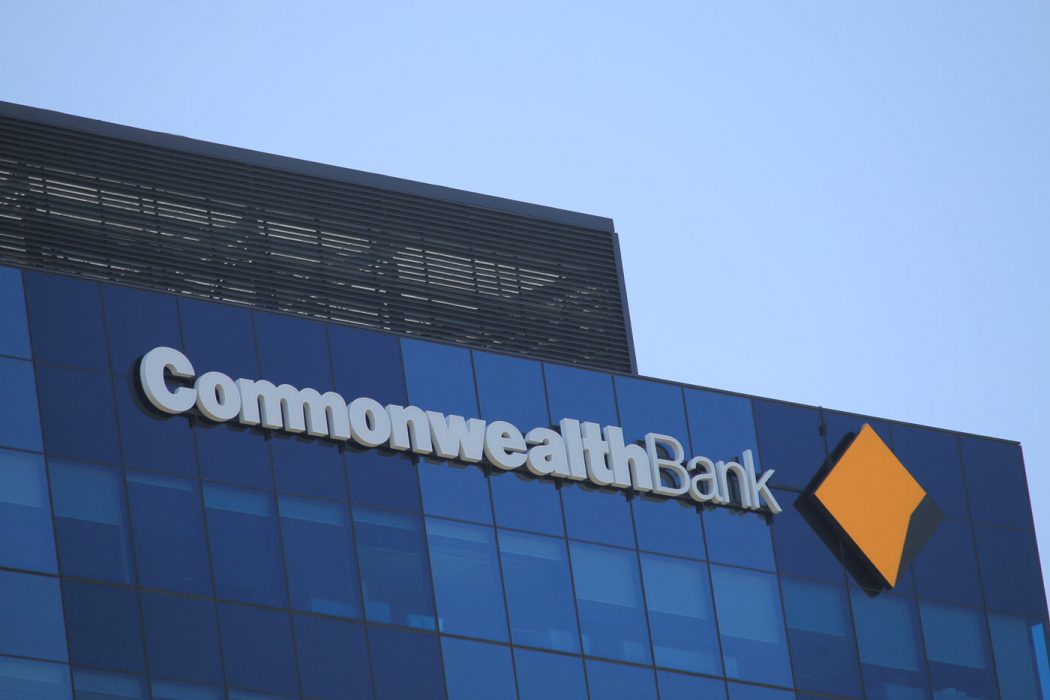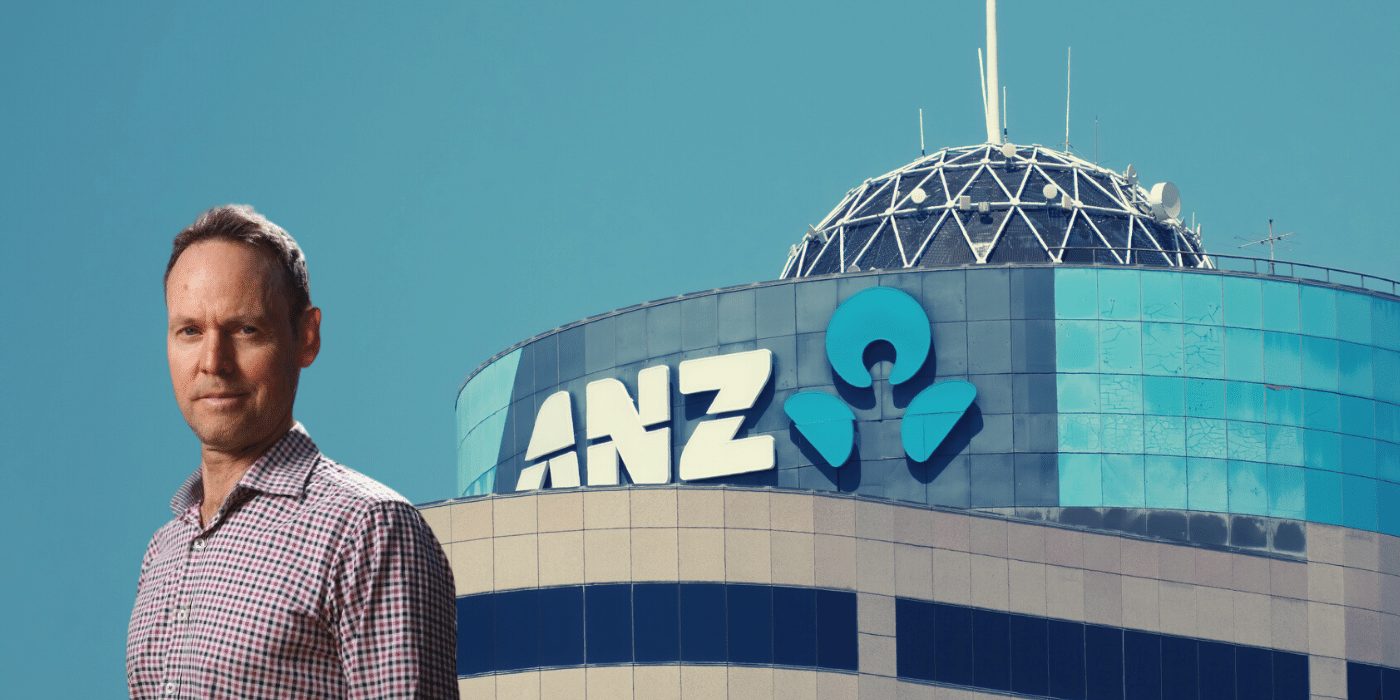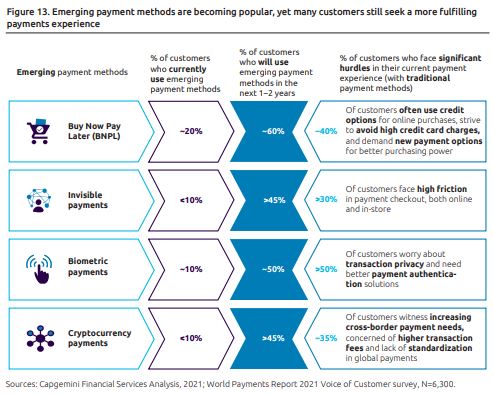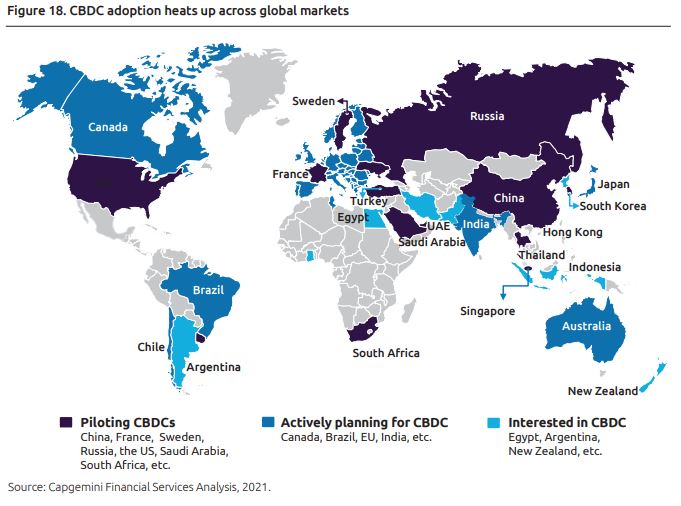The Winklevoss twins have several claims to fame, the least of which is founding one of the more successful exchanges in the world, Gemini. This week, the company announced a US$400 million fund raise to further grow the business, with a rather surprising investor participating in the investment – Australia’s largest bank, the Commonwealth Bank of Australia (CBA).
Gemini Valued at $7 Billion
After self-funding the business for the past seven years, the Winklevoss twins have raised Gemini’s first round of capital, bringing the company’s valuation to US$7.1 billion. After enjoying success in Singapore, the company announced earlier this year it would be expanding into Australia.
While the twins retain 75 percent ownership in the company, it is estimated that their net worth would almost double from US$6 billion to US$10 billion as a result of the deal. The investment round was led by digital asset giant Morgan Creek Digital, to the tune of U$75 million, and included several others including Jay-Z’s Marcy Venture Partners and CBA.
It is believed that part of the investment would be to expand the company’s reach into the metaverse, a theme the brothers picked up in early 2021, ahead of arch-rival Mark Zuckerberg. Zuckerberg’s Facebook recently rebranded to Meta as part of the company’s move into the space, but it has been met with much derision.

There’s these two parallel paths, in terms of technology right now …There’s a centralised path, like Facebook or Fortnite, that is one step away from being a metaverse, and that’s totally fine. But there is another path, which is the decentralised metaverse and that’s the metaverse where we believe there’s greater choice, independence and opportunity, and there is technology that protects the rights and dignity of individuals.
Cameron Winklevoss, co-founder, Gemini
CBA’s Surprise Investment
CBA’s investment into Gemini is surprising in one sense, but entirely predictable on the other. On the one hand, you have a situation where traditional banks, including CBA, have been debanking crypto businesses in Australia, allegedly on the basis of operational and/or compliance risk. Cynically, you could argue that compliance was used as a guise to stifle competition and prevent the outflow of funds onto exchanges.
However, on the other hand, you see CBA taking the lead by its recent announcement that clients could buy crypto directly through its app, incidentally through a partnership with Gemini.
As traditional banks start to feel the squeeze of customers’ funds pouring onto crypto exchanges, it isn’t surprising that they would like to retain control of the funds on their own platform – or, failing which, investment in platforms benefiting from such outflows.
In this case, if you can’t beat them, invest in them.

















